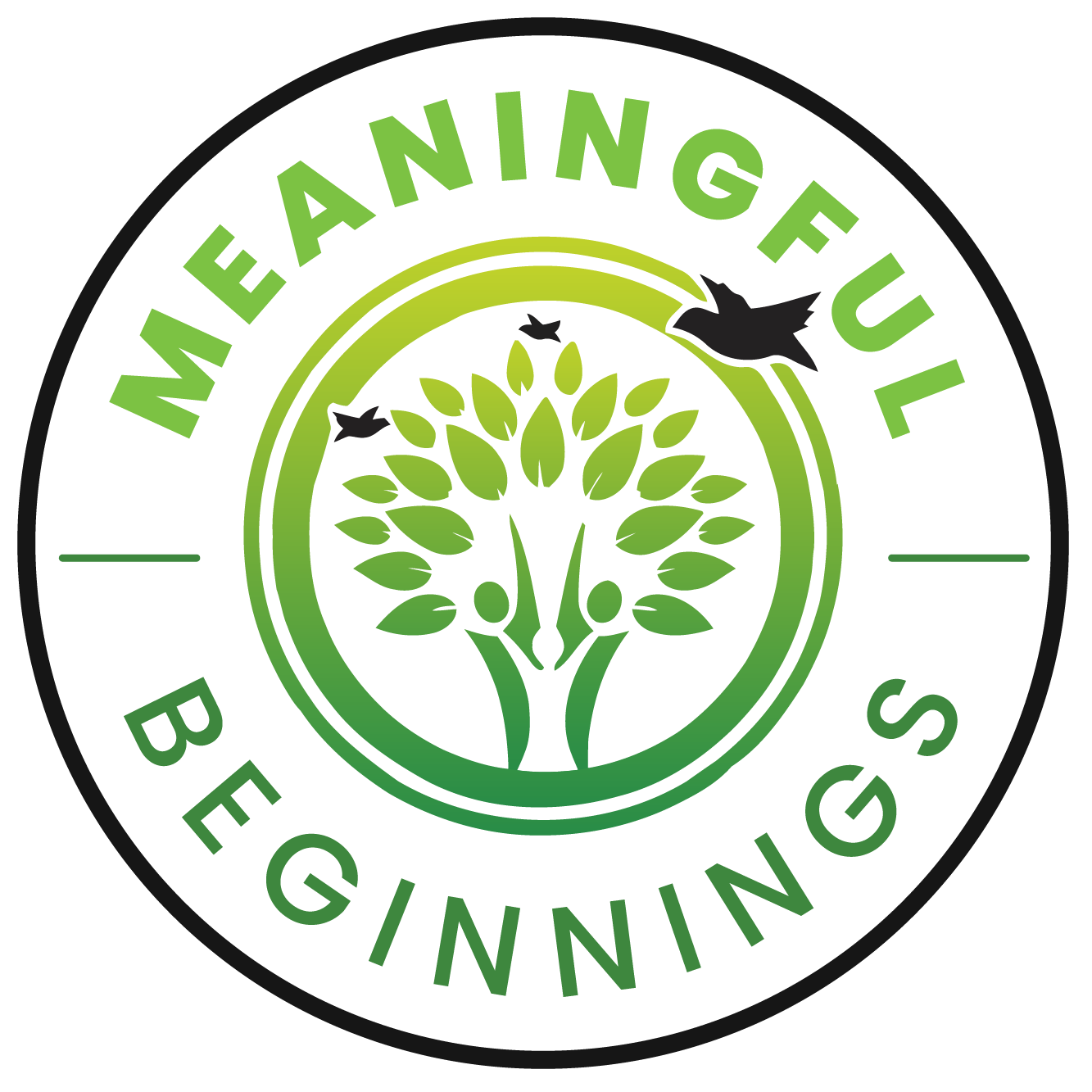Self-care for parents is incredibly important, and even more so for brand-new parents. Having a new baby in your life is such a blessing, but it’s also exhausting. Between sleepless nights, nursing and pumping, bending down and lifting your baby, and transitioning into a new chapter of your life, you’re really going through a lot!
Of course, your baby is the most important thing in the world to you, but you have to pause and remember to take care of yourself, too. You are also important, and your baby needs you! If you’re feeling lethargic, depressed, anxious, or moody, those feelings can ultimately affect your baby and have a ripple effect throughout the rest of your lives.
We’re going to give you some simple ideas for self-care that you can start implementing at any time.
But, first, let’s talk more about the importance of self-care for new parents.
Why is Self-Care for New Parents Important?
Self-care for new parents is important because your mental and physical condition affects the whole family. Many people, especially new parents, dismiss self-care as something selfish or frivolous in the wake of caring for an infant. In reality, it’s far from either of those things.
According to the National Institute of Mental Health (NIMH), self-care habits fall under six categories:
- Physical
- Psychological
- Emotional
- Spiritual
- Social
- Professional
Self-care for parents can be as simple as showering and brushing your teeth, eating three balanced meals per day, or talking on the phone with a loved one.
The way you treat yourself has as much effect on you as the way others treat you does. Performing little self-care rituals is a great way of making sure that your needs are also being met. All types of illnesses, whether they are mental or physical – impact the way we go about life. By ensuring you’re getting enough sleep, eating well, taking your vitamins, supplements, and prescription medications, and exercising a little bit, you can bring your best self to your family, every day.
Otherwise, you risk putting too much mental and physical stress on yourself, which can result in burnout.
Burnout can look like:
- Irritability
- Unable to get out of bed
- Lack of interest in things you used to love
- Headaches
- Lack of appetite
- Difficulty concentrating
By prioritizing your mental and physical health, you can decrease the occurrences of the things we mentioned in the list above. That’s great for you, but also wonderful for your family. Parents who take time out of their day for themselves tend to:
- Have more patience
- Be more present with their children and spouse
- Manage stress with ease
- Easily manage their child’s behavior, especially when they’re feeling big emotions
When you find that you’re starting to feel burnt out and you’re not paying attention to what you need, ask yourself: Am I giving my best self to my family? What does my child need? What do I need? Is there a way for us both to have our needs met? Is there anyone I can lean on for support?
Your version of self-care might look different from that of your partner, friends, and family members. it’s all about finding what feels good to you.
Making Self-Care a Priority as a Parent
If you don’t know where to start with making self-care a priority as a parent, let’s revisit the six categories of self-care and give a few examples of each.
Ideas for physical self-care
- Take a walk, alone or with your family. Just 30-minutes of walking per day can lower your risk of heart disease and high blood pressure. Plus, surrounding yourself with nature is proven to help reduce stress.
- Do a 10-minute yoga routine during naptime. Yoga is a great way to de-stress, connect with yourself, and stretch your achy muscles.
- Ask your partner for a massage. This can be a great moment to bond, relieve stress, and give your body some love.
- Take a hot bath. Bring the spa home with a great bubble bath, candles, and relaxing music.
- Eat balanced meals with whole foods. Try meal prepping for the week if you find yourself lacking time to prepare meals.
Ideas for psychological self-care
- Read (or listen to) an interesting book. Books are a great way to learn new things, help us get through a tough time, and can transport us to a whole new world.
- Join in on craft time with your child. When was the last time you got in touch with your inner child? Make some funny figurines with playdough, draw a picture – whatever gets your creative juices flowing!
- Write your thoughts and feelings down in a journal. Jotting down your feelings is a great way to work some of your complex emotions or just get it all out there without any judgment or ramifications.
Ideas for emotional self-care
- Be honest with your partner about your feelings and needs.
- Say “no” to additional responsibilities that will overwhelm your schedule.
- Have regular date nights with your partner.
- Spend some time alone each day.
Ideas for spiritual self-care
- Meditate for 10-15 minutes per day.
- Continue attending religious services or see if you can tune in via Zoom. Otherwise, listen to podcasts that resonate with your spiritual beliefs.
- Contribute to organizations that align with your values.
Ideas for social self-care
- Spend time with friends. Invite them over or go on regular dates together. Ask if they would join you for a walk once a week.
- Be creative and flexible with your social schedule. What can you realistically work around your child’s needs?
- Make friends with other parents who can understand what you’re going through.
Ideas for professional self-care
- Be honest with your colleagues about your mental health. Take a day off when you need to rest.
- Let your boss know what you need for support during the first few weeks back at work.
- Ask if you can work from home or adopt a hybrid role, so you can spend more time with your family.
When you wake up each morning, start your self-care right away by thinking about the little ways you can implement time for yourself into your day. Be kind to yourself and start with small self-care goals.
More Help from Meaningful Beginnings
The Meaningful Beginnings blog is filled with more valuable information for parents looking to take the best care of themselves and their children. Check out our past articles and stay tuned for more great content! Contact us and let us know if there’s anything specific that you’d like to see here.








